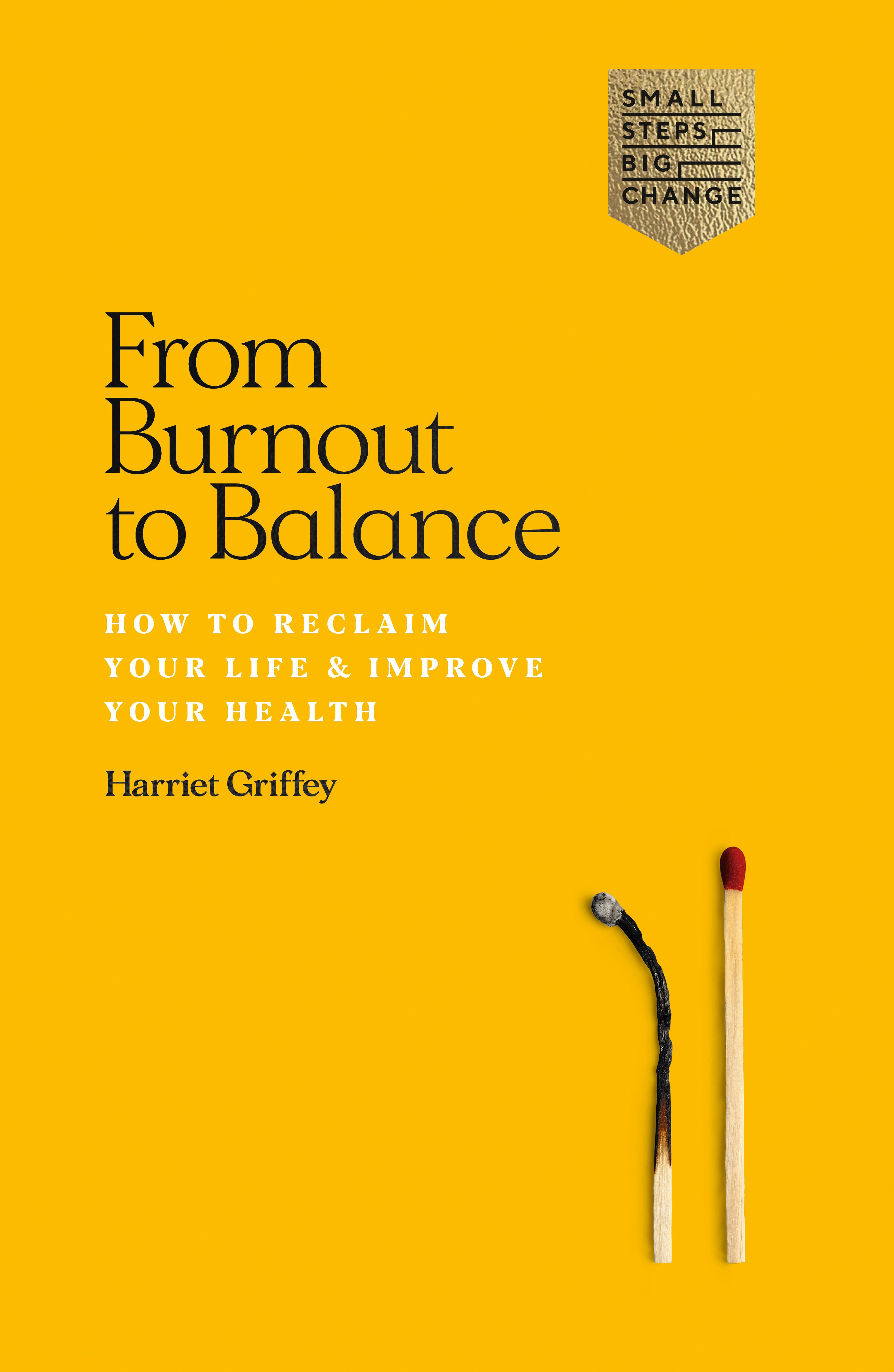
Can You Get Burnout Working From Home?
-
As working from home continues to be the new normal for many of us, are we keeping on top of a proper work-life balance?
-
Writer and coach Harriet Griffey, author of Burnout to Balance, explains the symptoms of burnout and how you can keep your stress levels down
-
We have therapists and counsellors who specialise in burnout on the directory – find yours here
Burnout is a real issue and can be a problem even when working from home, so what do you need to know and what can you do to avoid it?
Now officially recognised by the World Health Organisation, burnout was previously considered a workplace problem. Now the workplace is at home for so many of us, its impact is being increasingly felt. It even has its own recognised test, the Maslach Burnout Inventory (MBI) and a new report published in October 2020 to coincide with Mental Health Week, Burnout Britain, highlights the stress of working from home, calling for the implementation of a four day working week as it was also found that working remotely meant workers doing more hours, not less.
The impact of the Covid pandemic
The Covid pandemic has created something of a perfect storm for WFH stress, combining months of uncertainty, financial worries and for many the juggling of work and family in an environment not designed for both. Isolation from our colleagues and friends, communication issues caused by a newly-necessary reliance on technology and the blurring of work/life boundaries have also taken their toll. To say it’s been stressful is an understatement and now we’re being asked to accommodate more restrictions and gear up to the difficult winter months ahead.
In May 2020, CNBC reported that Google’s CEO Sundar Pichai asked employees to take time off to address WFH burnout, in acknowledgement of the adjustment needed as the world’s workforce continued in coronavirus lockdown. Bloomberg Businessweek also reported on ‘pandemic-induced burnout’, while for many healthcare professionals and frontline workers it was increasingly an issue and one recognised by the Society for Critical Medicine in the US, which produced its own guidelines.
The effects of stress
Persistent, low-level stress keeps the body in a state of constant alert, its physiological symptoms a direct response to stress hormones adrenaline and cortisol, effectively the same survival response of fright/flight/fight/freeze. These symptoms include increased heart rate, feeling jittery/panicky, insomnia and poor sleep, which can tip over into acute anxiety, depression and panic attacks.
We are highly adaptive and adjust to stress in the short term, but some of our maladaptive distractions (alcohol, over-eating, binge-watching TV) can make things worse. Continuing to function in a permanent state of ‘high alert’ isn’t sustainable either, and without respite it becomes difficult for the body to recalibrate to a normal state. Burnout doesn’t happen suddenly but as the result of prolonged stress causing physical, mental and emotional exhaustion. The old-fashioned term ‘nervous breakdown’ describes the body and mind’s eventual collapse, and this is akin to what we call ‘burnout’ today.
Be stress smart to prevent burnout
Early symptoms of burnout may be low-key and manageable, but they’re insidious in effect and cumulative, so if you are working from home it’s important to be aware of this and take steps to avoid its occurrence.
- Keep regular ‘office’ hours. The temptation to be constantly available is difficult to break when working from home but sticking to this helps set boundaries for yourself and others.
- Prior to starting work, factor in some physical exercise to compensate for your lack of commute: ideally a 20-30 minute walk around the block or a local park which will expose you to some natural light and a change of scenery.
- Consider doing the same during a lunchtime break, maybe going to pick up a takeaway coffee or some essential shopping, while interacting with others to help break isolation.
- If your work is computer based, take regular breaks (and do some physical stretches).
- Use full-spectrum lighting in your work space (but not elsewhere) if you can to help reduce seasonal affective disorder (SAD).
- Limit the number of Zoom (or similar) online meetings. Communication issues are a major source of WFH stress when we have to rely on technical connectivity.
- Deliberately clock-off from work and work devices at a set time at the end of the day and create a hiatus by another walk or doing some gentle exercise, before finding some other non-work way to wind down.
- Keep weekends work-free as far as possible.
Being smart to your own indicators of stress, understanding the physiological effects on the body and mind, and acknowledging and managing these is a first step toward the prevention of WFH burnout.
Harriet Griffey is a wellbeing and health writer, accredited stress and performance coach, and the author of From Burnout to Balance published by Hardie Grant on October 29th











